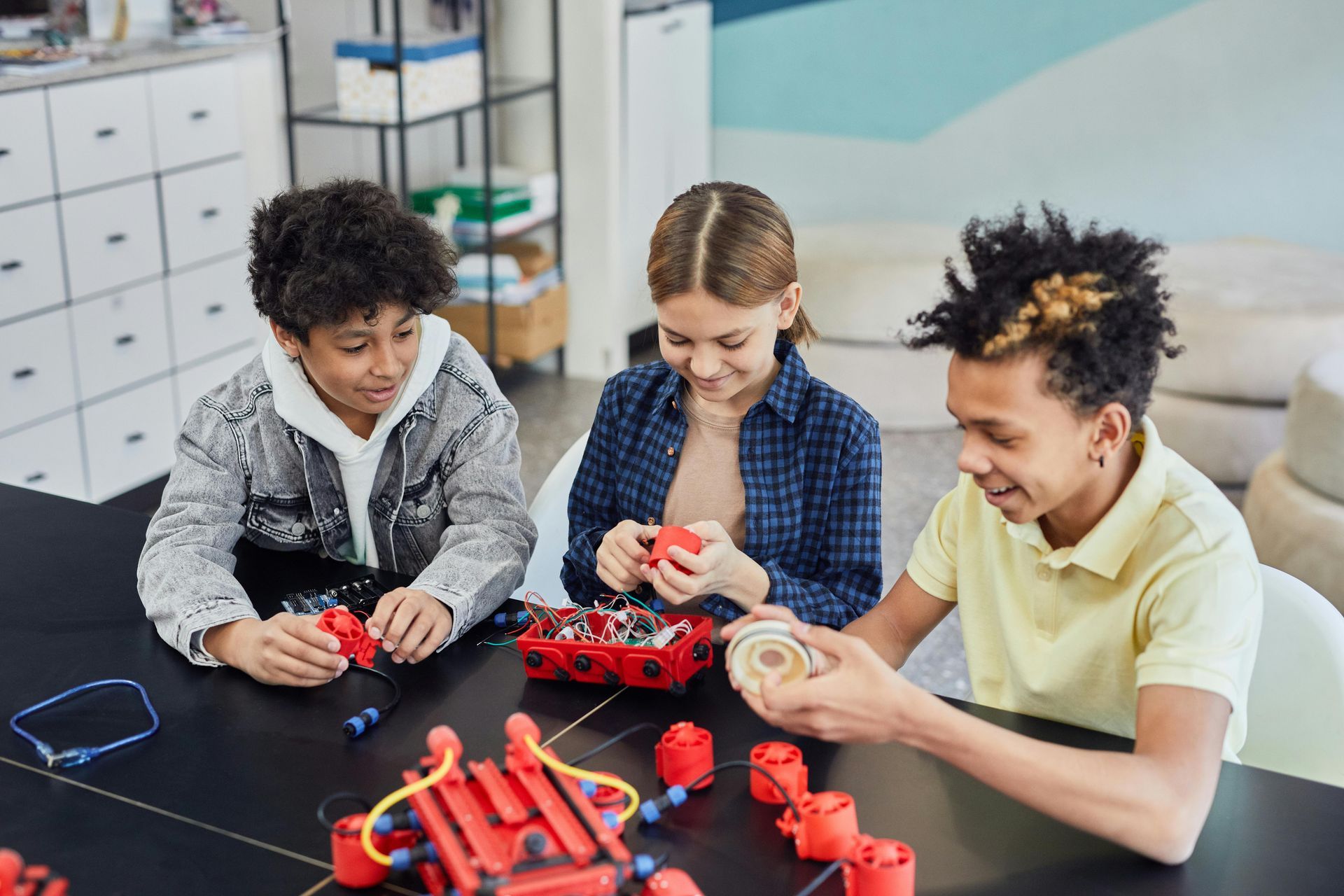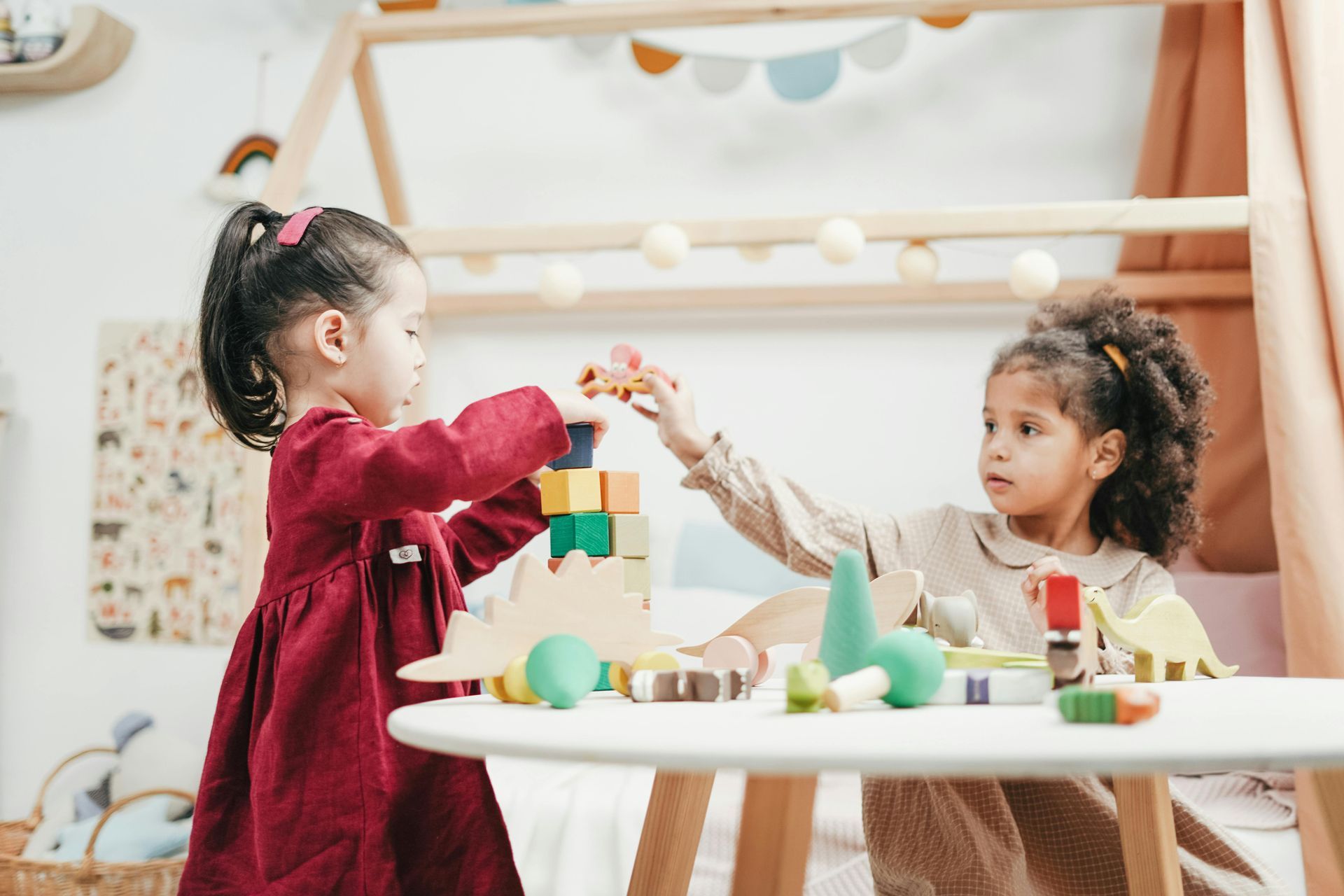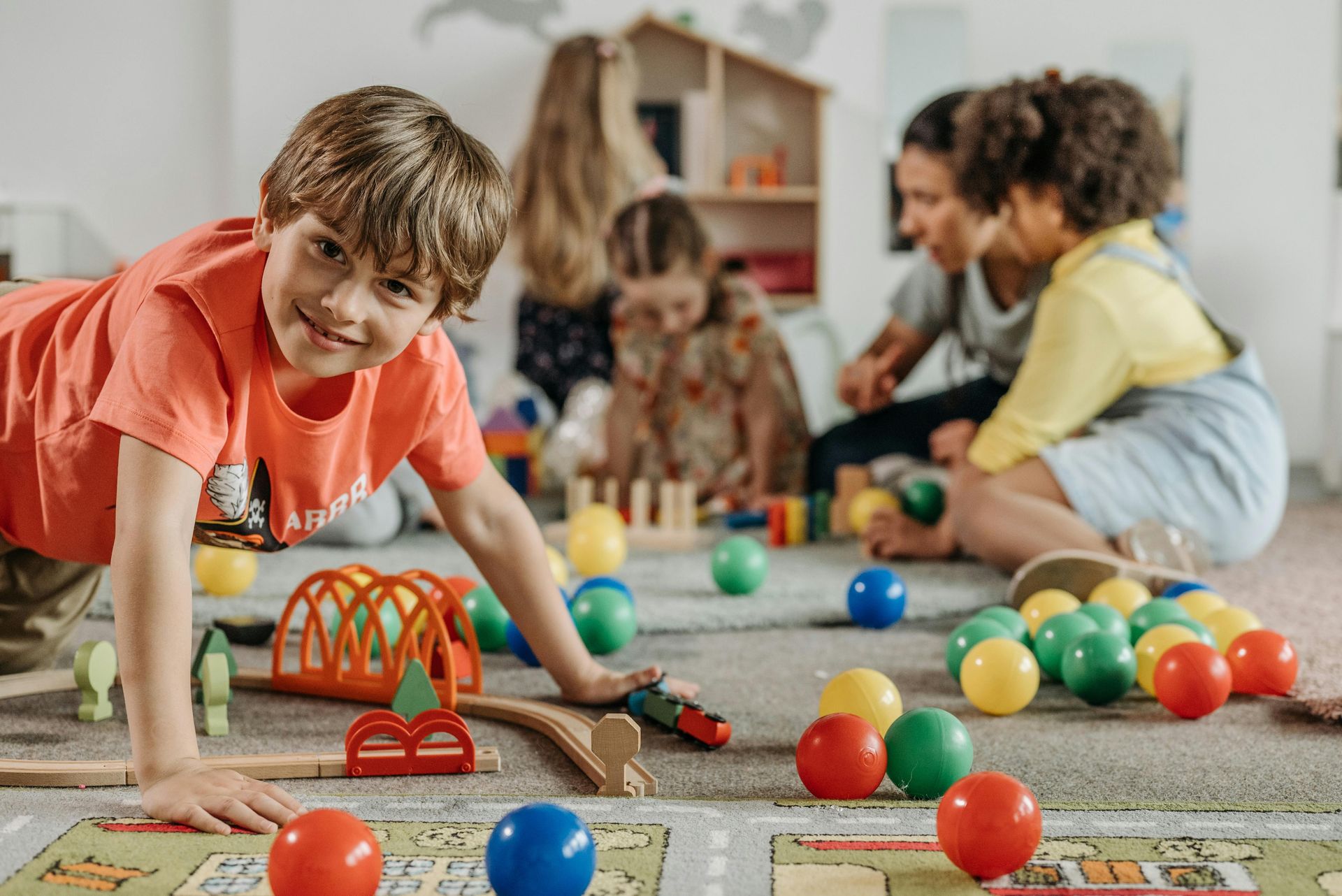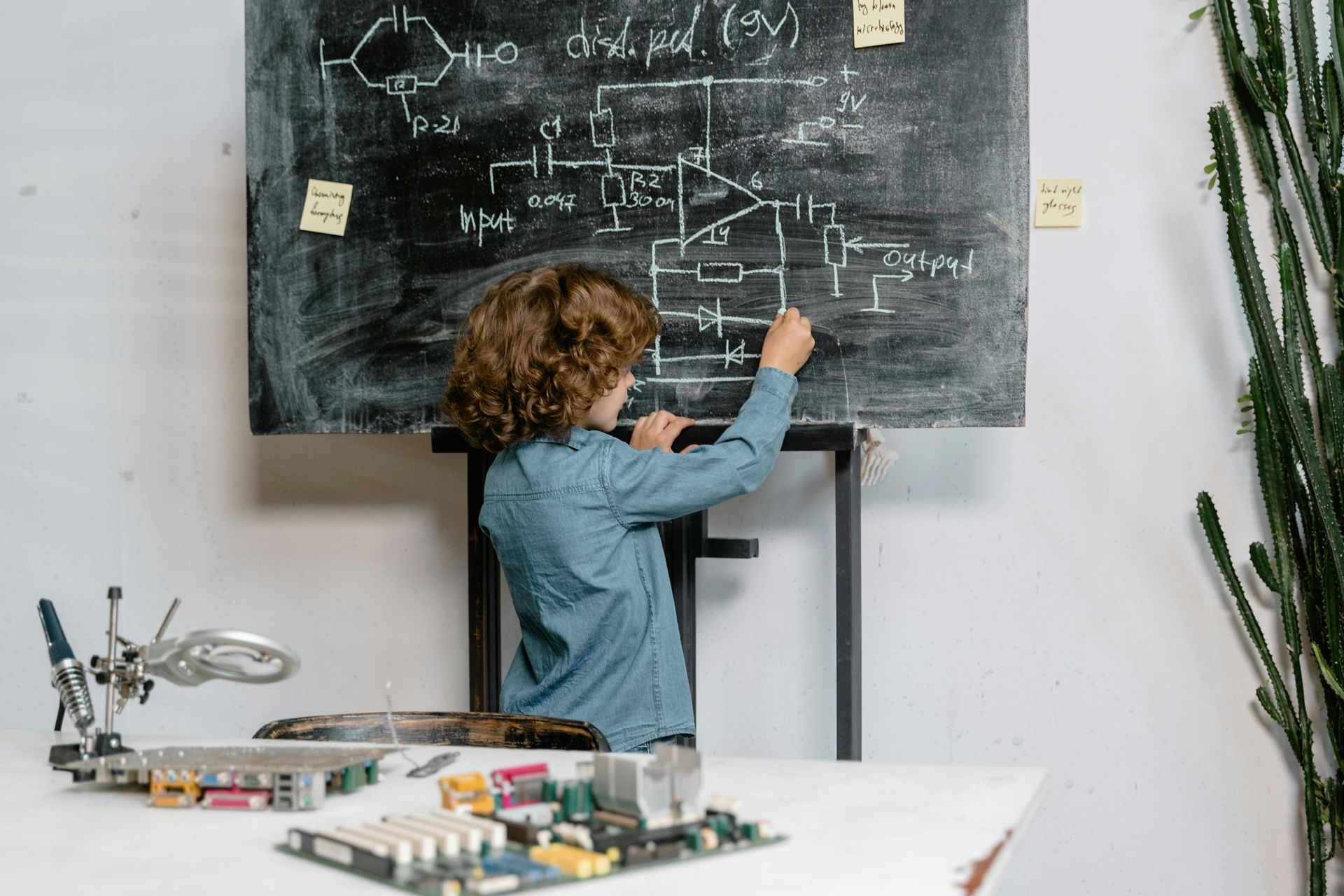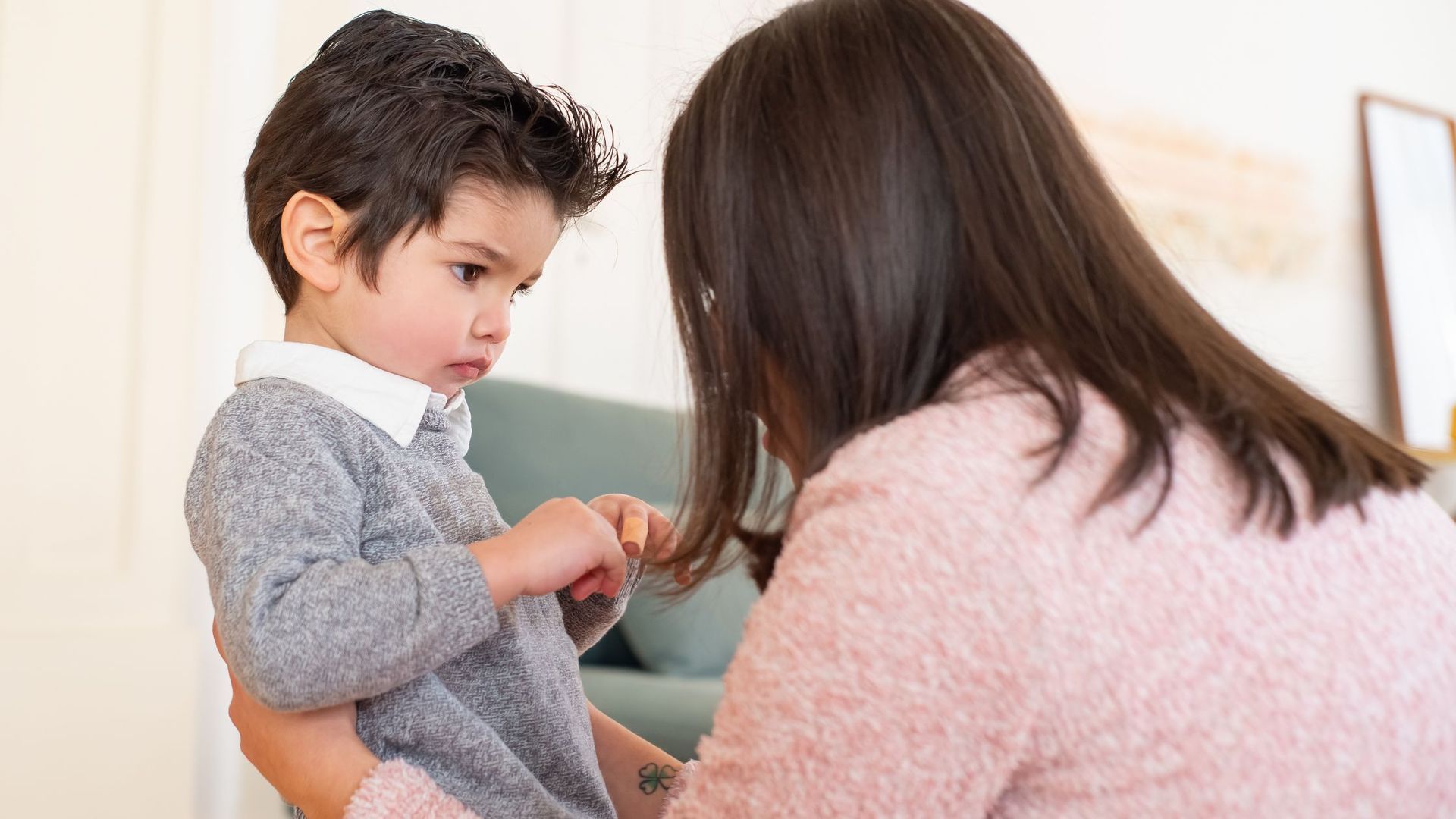By ELLSA Schools
•
June 30, 2025
The Power of Creativity in Early Childhood Education Creativity is often seen as an innate talent—something that only certain people possess. However, the truth is that creativity is a skill that can and should be nurtured from an early age. In the formative years of childhood, creativity is not just about artistic expression; it encompasses problem-solving, critical thinking, and the ability to approach challenges with an open and flexible mindset. At Mt. Sinai Children’s Development Center (CDC), we recognize the importance of fostering creativity as a core part of early childhood education. Creativity is not merely an “add-on” to the learning process—it’s integral to how children develop cognitively, socially, and emotionally. Whether it’s through art, play, or imaginative thinking, our goal is to provide children with the tools and experiences they need to express their unique ideas and become confident, innovative thinkers. Why Creativity Matters in Early Childhood Creativity is a fundamental part of child development. According to research, engaging in creative activities helps children develop a wide range of skills that will benefit them in various areas of their lives. Here are some reasons why creativity is so crucial during the early years: Cognitive Development Creativity challenges children to think critically, make decisions, and solve problems. It helps develop their ability to analyze situations, explore alternatives, and consider different perspectives. These skills are essential not only for academic success but also for navigating everyday challenges as they grow. Emotional Expression Creative activities, such as drawing, painting, or role-playing, provide children with a safe space to express their feelings. Creativity allows them to communicate complex emotions that might be difficult to verbalize, offering an outlet for emotional growth and regulation. Social Development Many creative activities, such as group projects or collaborative art, require children to work together, share ideas, and negotiate with peers. These interactions foster teamwork, cooperation, and empathy—skills that are vital for building healthy relationships. Encouraging Innovation and Problem-Solving When children engage in creative problem-solving, they learn to innovate and think outside the box. This process of exploration and experimentation builds the foundation for future innovations, whether in technology, the arts, or other fields. How Mt. Sinai CDC Fosters Creativity in Early Childhood At Mt. Sinai, we integrate creativity into our curriculum by providing children with a variety of opportunities to explore, create, and experiment. Our approach is centered around the idea that creativity should be encouraged in all areas of learning, not just in art class or music time. Here are some ways we foster creativity in our classrooms: Open-Ended Play Open-ended play is one of the most effective ways to nurture creativity. This type of play involves materials and activities that don’t have a set outcome, allowing children to use their imagination and creativity to shape their experience. Whether it’s building with blocks, engaging with sensory materials like sand and water, or role-playing with costumes, open-ended play allows children to explore new ideas and experiment without the pressure of right or wrong answers. At Mt. Sinai, we provide a variety of open-ended materials for children to use during both structured and unstructured playtime. From art supplies like paint, clay, and markers to construction materials like building blocks and cardboard boxes, we give children the freedom to create and explore in their own unique way. Imaginative and Dramatic Play Imaginative play, also known as dramatic play, is a key component of fostering creativity. In dramatic play, children take on roles, use props, and create scenarios to explore different aspects of life. Whether they are pretending to be doctors, chefs, or astronauts, children have the opportunity to use their imagination and invent new worlds and stories. At Mt. Sinai CDC, we provide ample opportunities for imaginative play. Our classrooms are equipped with role-playing areas, including a pretend kitchen, a doctor’s office, and a tool station, allowing children to engage in rich storytelling and creative role-playing. This type of play not only nurtures creativity but also helps children develop important social and language skills as they negotiate roles and scenarios with their peers. Creative Arts and Expression Art is one of the most direct ways to foster creativity in young children. At Mt. Sinai CDC, we provide a variety of art activities that encourage children to experiment with colors, shapes, textures, and forms. Through painting, drawing, sculpting, and other forms of creative expression, children learn to communicate their ideas visually and develop fine motor skills. Our art activities are designed to be open-ended, allowing children to explore their own ideas and create freely without the constraints of specific instructions or expectations. Whether it’s creating a collage from recycled materials, experimenting with watercolor paints, or making sculptures from clay, we ensure that art is an integral part of our curriculum, enabling children to express themselves and tap into their creative potential. Music and Movement Music and movement are powerful tools for fostering creativity. At Mt. Sinai, we incorporate music and movement into our daily routine to help children express themselves and explore new ideas. Whether they are singing songs, playing instruments, or engaging in rhythmic movement activities, children learn to appreciate the creative process and develop an understanding of rhythm, melody, and harmony. Music also enhances cognitive development, as it helps children develop memory, language skills, and spatial awareness. Additionally, dancing and moving to music allows children to express their emotions and improve their physical coordination. Storytelling and Language Development Creativity in early childhood also extends to language development, and one of the best ways to foster creativity is through storytelling. At Mt. Sinai, we encourage children to create their own stories, whether through verbal storytelling, puppet shows, or drawing their stories on paper. Storytelling allows children to practice their imagination, expand their vocabulary, and organize their thoughts. In addition to individual storytelling, we engage children in group storytelling sessions where they work together to create and share stories. This collaborative process helps them develop communication skills, as they listen to others and contribute their own ideas to the story. The Benefits of Fostering Creativity at Mt. Sinai CDC When creativity is nurtured in early childhood, the benefits are far-reaching. Some of the key benefits include: Enhanced Problem-Solving Skills Creative activities encourage children to think critically and solve problems in innovative ways. Whether they are figuring out how to build a tower with blocks or solving a puzzle, creativity helps children develop the cognitive flexibility necessary to approach challenges from multiple angles. Increased Confidence and Self-Expression As children engage in creative activities, they gain confidence in their abilities. They learn that their ideas are valuable and that they have the power to create something unique. This boosts their self-esteem and fosters a sense of pride in their work. Improved Emotional Regulation Creative expression allows children to explore and express their emotions in a healthy way. Through art, music, and imaginative play, children develop emotional intelligence and learn how to regulate their feelings and manage stress. Stronger Social and Communication Skills Many creative activities, such as group art projects or dramatic play, require children to collaborate with their peers. This helps them build social skills, learn to share and cooperate, and communicate their ideas effectively. At Mt. Sinai Child Development Center, we believe that early childhood education shapes a lifetime of learning , with a strong focus on emotional development to support children's overall growth and success. Creativity as a Key to Lifelong Learning At Mt. Sinai Children’s Development Center, creativity is at the heart of our educational philosophy. We believe that fostering creativity in young children is essential for their overall development and sets the foundation for lifelong learning and innovation. By providing children with opportunities to explore, create, and express themselves, we are helping them build the skills they need to succeed academically, socially, and emotionally. We are committed to providing a supportive, nurturing environment where children can thrive creatively and develop a love for learning. As we continue to encourage and celebrate creativity, we hope to inspire the next generation of thinkers, dreamers, and innovators.

